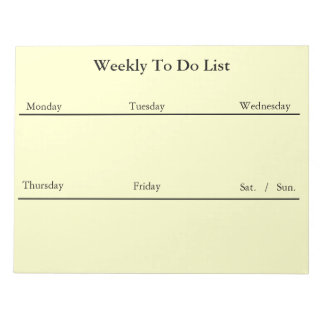When we communicate, in speaking and listening, we share meaning. In fact, in caregiving I came to realize that the words that I spoke (to myself and others,) and what I was listening for gave me my experience of caregiving.
So, let's take a minute to look at an aspect of communication that determines your well-being in caregiving.
How to Speak to Create Well-Being
"Life is 10% what happens to you and 90% how you react to it"
-- Charles Swindoll
Imagine yourself visiting your loved one in the hospital. You are walking down the hallway when you overhear two people talking. One of them points at a nurse coming down the hall and tells her friend, "That one has a lousy attitude."
Later, you meet that nurse in your loved one's room. Do you feel good about her caring for your loved one? When we speak we create realities, both for ourselves and for those around us. And those around us, in turn, create experiences for us. Like fish swimming in a communal fish bowl, we each create our own experience and that of others.
We are constantly being infected by others. Does someone you know speak in a way that deflates you or drains your energy? How do you feel after listening to the TV news? Or perhaps you have a friend who is prone to saying things like, "I'm having the most horrible day!" or "You won't believe what she said to me!" By one way of thinking, you are being invited to join in "awfulizing." When someone is being negative or hyper-critical, I've been know to say, "Hey! Stop pooping in the fish bowl."
It is easy to think of ways in which the words of others affect us, but what about the way our own thoughts and words affect how we are feeling?
If you say "caregiving is hard," do you mean you are committed to it being hard? How does your feeling about it shift when you say "Caregiving is a challenge"? Consider the way you "share" about caregiving with your siblings, friends, or family.
We use words to describe feelings, but words also generate feelings, so choose them carefully. Or think about the words you use when you're just thinking about caregiving at four in the morning. Those words that run through your mind create your caregiving experience.
While many forms of communication in ordinary life can seem recreational, (commonly called "sharing") caregiving is not ordinary life. Your energy and attitude are to be safeguarded at all costs.
Of course there will be times when you need to vent, but use them carefully. Set yourself a time limit. Then move on to more constructive forms of communication that are sourced by your commitment to caregiving. One of your mantras for caregiving could be, "If I'm going to make something up, make it good."

______________________________





No comments:
Post a Comment